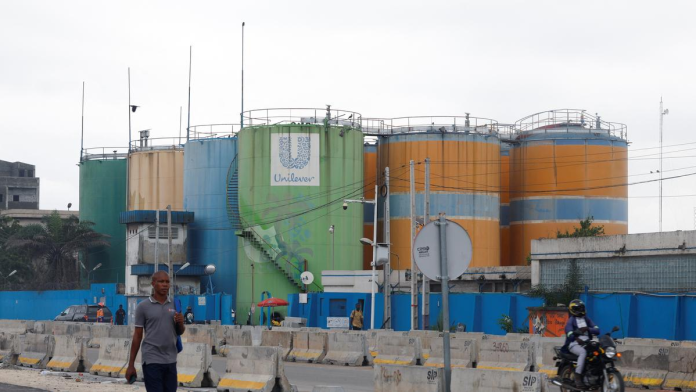Unilever faces allegations from its Ivory Coast workforce that the consumer goods giant is violating their collective bargaining agreement by refusing to guarantee severance pay if layoffs follow the sale of its local business, according to Reuters.
Documents reveal that British-based Unilever is selling all shares in its struggling Ivory Coast unit, employing approximately 160 people, to a consortium led by local distributor Société de Distribution de Toutes Marchandises Côte d’Ivoire (SDTM).
The transaction, expected to close by 20 June, excludes Unilever’s international brands, which historically contributed over 60% of the unit’s 34.6 billion CFA Franc (about €52,7 million) 2023 turnover. This exclusion heightens job security fears among staff, who began protesting at Unilever’s Abidjan offices on 25 April.
Under a 2004 collective bargaining agreement reaffirmed in 2007, Unilever pledged severance equal to “one month of average gross salary per year of seniority, with a maximum of 18 months,” plus “medical coverage for a maximum period of six months” during layoffs linked to business disposal.
Lawyer Soualiho Lassomann Diomande, representing staff, confirms the agreement remains valid. However, minutes from a 25 April meeting at Abidjan’s Labor Inspectorate show Unilever Cote d’Ivoire head Arona Diop asserting that SDTM, not the agreement, will dictate future worker rights.
Unilever defends the share sale structure, stating that “the proposed transaction is by way of a sale of shares, which does not result in the termination of employees’ contracts,” rendering severance irrelevant. Employees counter that Article 16.6 of the Ivorian Labor Code mandates their consent for substantial contract changes, which they have not received.
Divergent standards
The severance terms Unilever disputes in Ivory Coast far exceed local legal requirements. Ivorian law entitles workers to 30–40% of gross monthly wages per service year, depending on tenure—significantly less than the collective agreement’s terms.
Diomande and workers label Unilever’s stance as “unequal treatment and negative discrimination,” particularly contrasting it with the company’s European operations. Last month, Unilever guaranteed employment terms for three years post-spinoff for 6,000 European and British ice cream workers, tripling the standard period despite no legal obligation.
Ivory Coast staff requested a two-year guarantee mirroring Europe’s core protections, excluding only the third year. Unilever rejected this, prompting Diomande to declare that “this is a serious injustice.”
This incident echoes past controversies, including UN allegations that Unilever failed to provide remedy for Kenyan tea plantation workers subjected to ethnic violence in 2007–2008.
